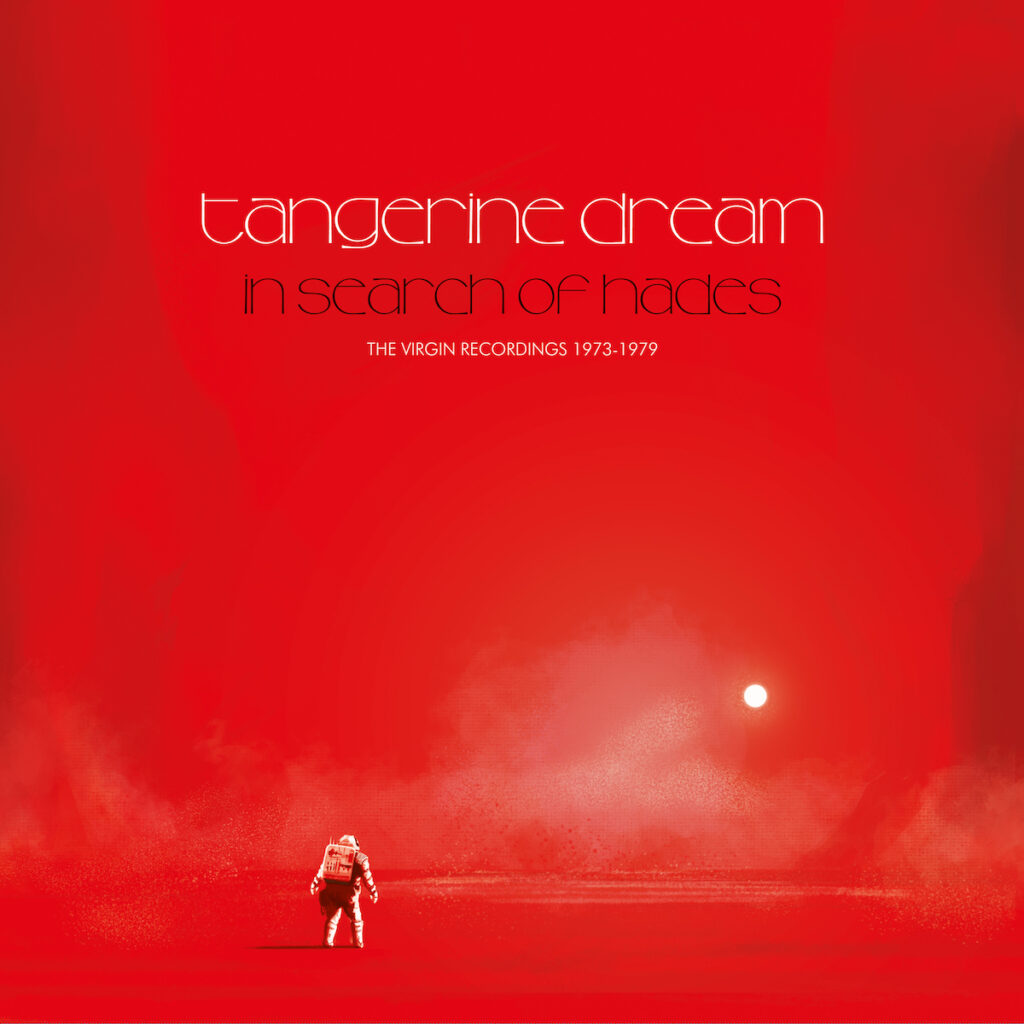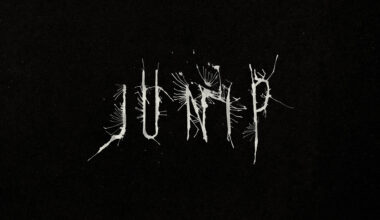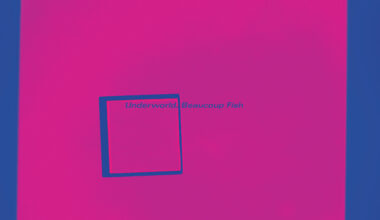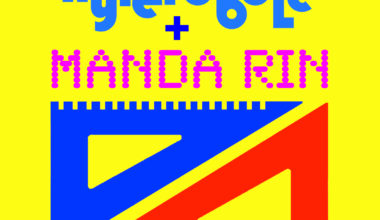
Virgin Record’s run on German electronic and avant-garde talent in the 1970s kept the UK supplied with a soundtrack of electronic manifestations of mood (and in the case of Faust, cheap albums of wild improv), which also informed Bowie and Eno’s own excursions into the same territory, as heard on side two of both ‘Low’ and ‘Heroes’. Indeed, Bowie was friends with Tangerine Dream’s Edgar Froese and even lived with him for a short while when he first relocated to Berlin.
Handily, the band’s Virgin years have been gathered together in a monster boxset. So, first up, let’s do a virtual unboxing. What do you get for your Deutschmarks, meine kosmischen Lieblinge? Well, for £120, this set contains no less than 16 audio CDs, two Blu-ray discs stuffed with visuals and 5.1 mixes, and a 68-page hardback book. That’s 20 items if you include the box itself (count ‘em missus). Works out at six quid a pop.
The Virgin years are, of course, Tangerine Dream’s imperial phase, and there’s a strong argument that this collection is all you really need, although the committed fan would say otherwise. But here we have the ultimate archive of the cathedral-owning TD of legend, the modular-henge construction years, a period of intense mystical and mysterious electronic exploration and wizardry, executed in public, usually beneath a fog of fragrant blue smoke from a thousand Red Leb hash joints.
Several of those live outings are included, concerts recorded at The Rainbow Theatre, Royal Albert Hall and Victoria Palace. There’s even the Coventry Cathedral gig of 1975, where TD heads sat politely in pews watching their electronic heroes perform in front of a forest of candles, in stark contrast to their Reims Cathedral gig the year before where 5,000 euro-hippies turned up to a building designed to cope with 2,000, smoked weed and, erm, weed in the corners (there were just three toilets).
The recording of the 1974 London show at Victoria Palace reveals the technical gyp TD were up against, you can hear the lack of cleanliness in the signal chain, with what might be crackles of failing leads here and there, or the unintended blurts of a stressed Moog modular.
The seven studio albums featured in the set – ‘Phaedra’, ‘Rubycon’, ‘Ricochet’, ‘Stratosfear’, ‘Encore’, ‘Cyclone’ and ‘Force Majeure’ – were released in as many years and have been super-audio magicked for 2019 by art rock sound master Steve Wilson. There’s no ‘Sorcerer’, though, that soundtrack was released via MCA, but there is a very welcome ‘Oedipus Tyrannus’ disc, getting its first proper release after years of cobbled together bootlegs of this legendary recorded-but-never-released work.
With two CDs of outtakes, plus an expansive 5.1 mix, ’Phaedra’ takes centre stage, of course. This was the album where Tangerine Dream’s power was fully focussed for the first time. It was a leap forward from ‘Atem’, their final album for the German label Ohr. ‘Atem’ was noisy and undisciplined, a hairy space rock freak out in the tradition of Germany’s unwashed revolutionary underground (and if you think that sounds great, you’d be right). ‘Phaedra’ was a hygienic and beautifully smooth running machine of almost impossible precision and restraint. ’Atem’ harked back to the 1960s space rock jams of Middle-Earth-at-three-in-the-morning Pink Floyd, ‘Phaedra’ gazed towards something yet to unfold in the future, entirely pipping Kraftwerk – who were still six months off the glories of ‘Autobahn’ – to the post.
The newly mastered albums sound, as you’d expect, pretty spruce; all glistening daisy-fresh deep Moog sequence patterns, with the somewhat terrifying backwards tape soundscaping and prepared piano of ‘Oedipus Tyrannus’ made immersive with luscious clarity – especially if (unlike us) you have a fab 5.1 system and can listen to Steve Wilson’s new mix. He’s given ‘Ricochet’ the same makeover.
Kraftwerk are often hailed as the precursors of techno and many later mutations of electronic music, but Tangerine Dream’s output also informed a further generation of synth heads of the possibilities of oscillator manipulation. Perhaps it’s down to timing and haircuts. TD were part of the hippy world, taken as a heavy progressive band. Kraftwerk, once they’d cut their hair and started wearing suits, were more fashionably in tune. But Tangerine Dream’s contribution to the development and popularity of electronic music is equally profound, and this monumental and essential set is a fitting testament to that fact.





